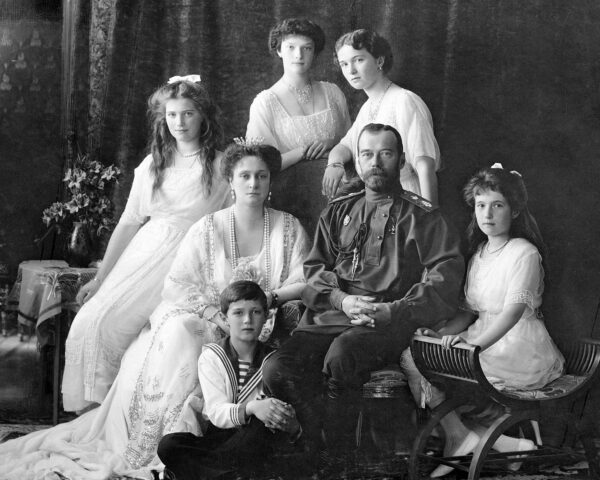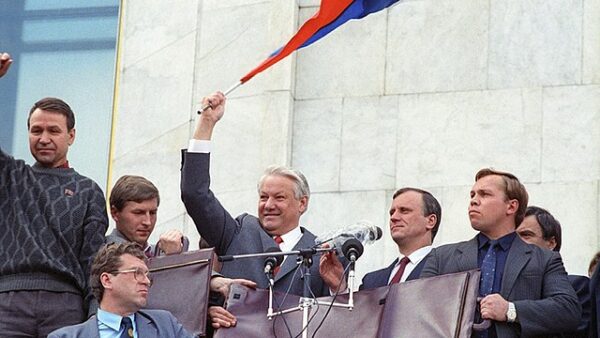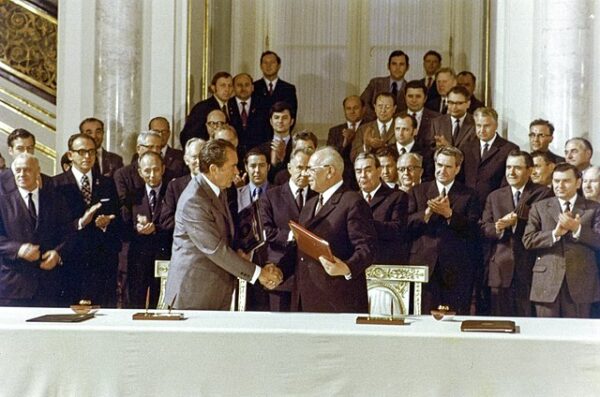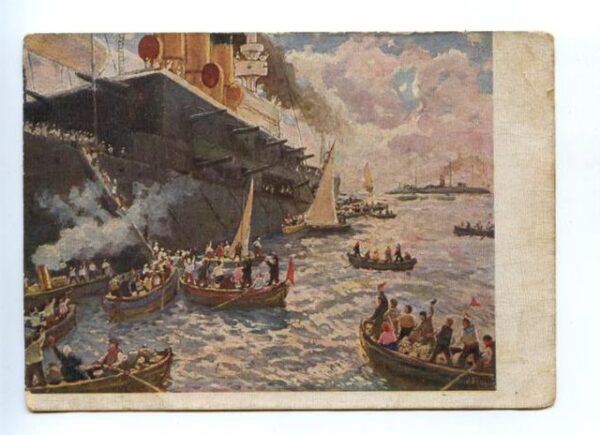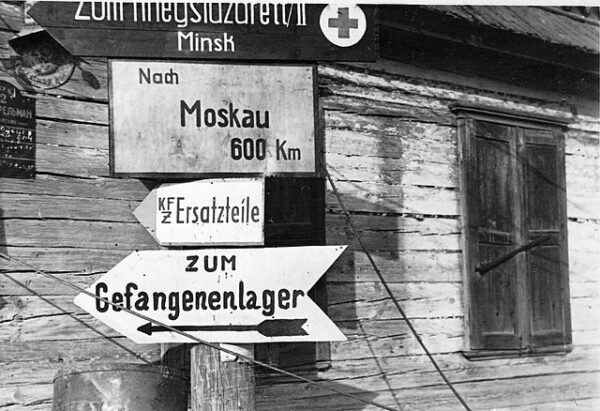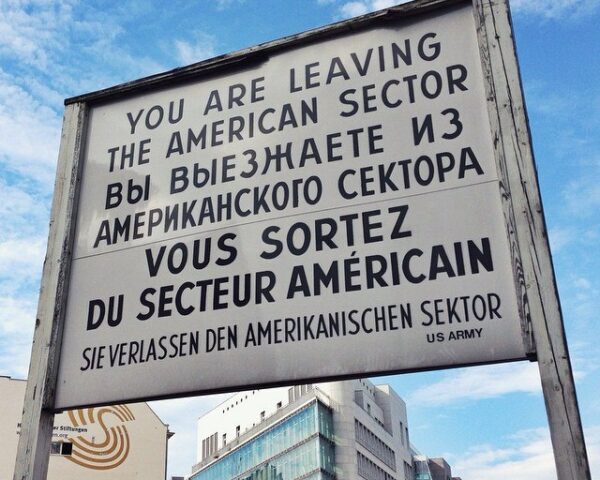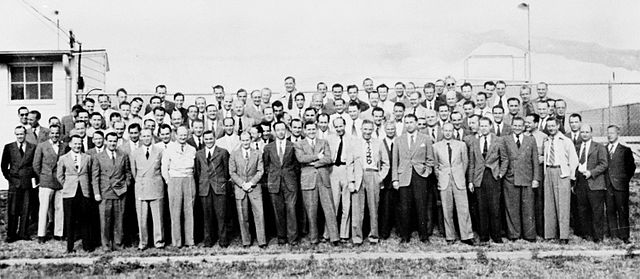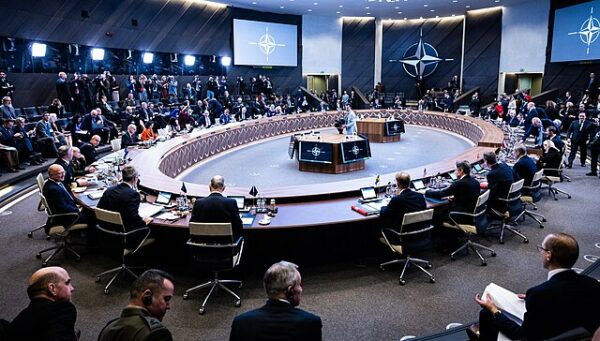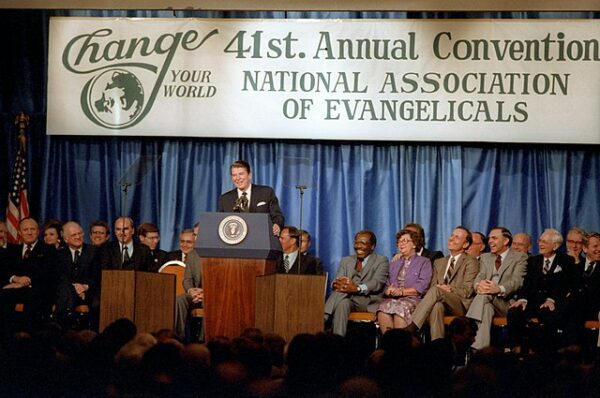The execution of Tsar Nicholas II on July 17, 1918, changed the course of history, symbolizing the definitive end of the Romanov dynasty and the old imperial order in Russia and ushering in the Soviet Union. The event, shrouded in mystery and controversy, occurred…
Read MoreOn July 10, 1991, Boris Yeltsin became the first President of the Russian Federation, a historic moment marking a significant shift in Russian politics. This event came at a time of profound transformation for Russia, as it transitioned from a Soviet republic to a…
Read MoreOn June 27, 1974, President Richard M. Nixon arrived in Moscow for what would be his final summit with Soviet leader Leonid Brezhnev—a visit overshadowed by scandal at home and a shifting geopolitical order abroad. Though the meeting marked a continuation of the historic…
Read MoreHungry sailors are not to be trifled with. That’s what happened aboard the Russian battleship the Potemkin on June 27, 1905. Spoiled meat sparked a storm of rebellion that echoed across revolutionary-minded Russia. The US Naval Institute helps contextualize things: “For a century before 1905, Imperial Russia was…
Read MoreOperation Barbarossa, the codename for Nazi Germany’s invasion of the Soviet Union during World War II, began on June 22, 1941. This operation marked a pivotal moment in the war, characterized by its scale, ambition, and the profound consequences for the rest of the…
Read MoreOn June 22, 1990, one of the most famous checkpoints in the world came down, opening a new path for unity and peace in Germany and showing a new era of world history was right around the corner. A major crossing through the Berlin…
Read MoreIn the uneasy interregnum between Nazi defeat and Soviet ascendance, as Europe’s cities lay in ruins and the ashes of fascist ambition still smoldered, the United States made a decision as consequential as it was morally fraught. On June 20, 1945, the Department of…
Read MoreIn the early hours of April 26, 1986, the worst nuclear accident in history unfolded at the Chernobyl Nuclear Power Plant near Pripyat, in the Ukrainian Soviet Socialist Republic. Reactor No. 4 exploded during a late-night safety test gone awry, releasing massive amounts of…
Read MoreOn April 4, 1949, the creation of North Atlantic Treaty Organization (NATO) marked a pivotal moment in international relations and global security. Emerging from the tumultuous aftermath of World War II, NATO was founded on the principles of collective defense, mutual assistance, and the…
Read MoreOn March 8, 1983, President Ronald Reagan delivered a speech that would become a defining moment in the narrative of the Cold War. Addressing the National Association of Evangelicals at their Annual Convention in Orlando, Florida, Reagan presented a powerful and ideologically charged oration…
Read More

